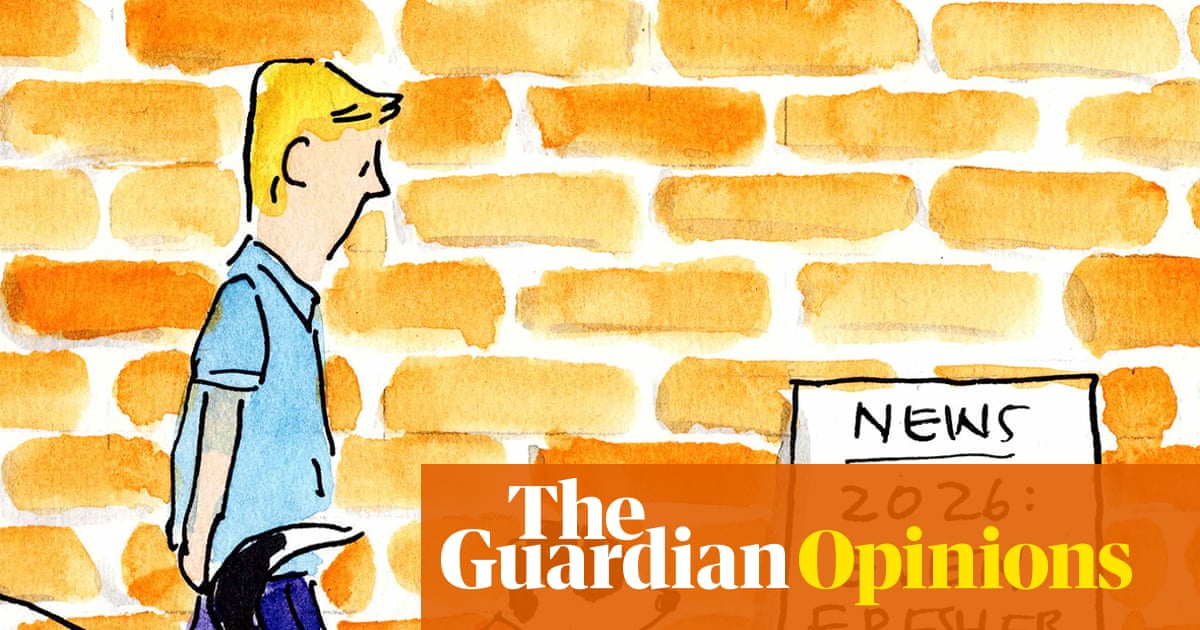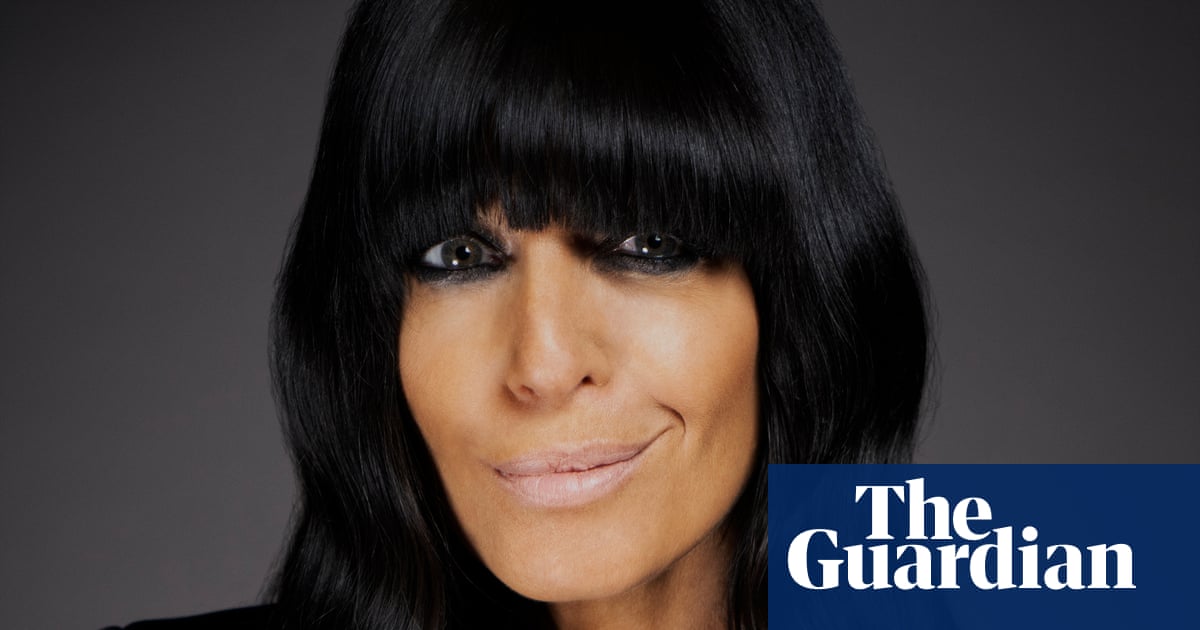“We had an arrangement, be discreet and don’t be blatant. There had to be payment, it had to be with strangers,” sings Lily Allen in her surprisingly candid and detailed album thought to be about her open relationship with her ex-husband.
The album has catapulted the concept of non-monogamous relationships into the spotlight, and couples therapists report that an increasing number of their clients are choosing to go down this route.
But as Allen’s album makes clear, while open marriages, or consensual non-monogamy, may work for some, they can also go very wrong – and there are a number of common pitfalls to avoid.
“It’s a risky business emotionally. I’m seeing it more and more in the work that I do, but how it manifests itself varies hugely,” said Katherine Cavallo, a psychotherapist and spokesperson for UK Council for Psychotherapy.
“It’s normal for feelings of jealousy and insecurity to emerge, and those need to be responded to. The existing relationship, the attachment between the couple, needs to be maintained as well.
“And things can always change. It has to be an ongoing process in which things are continually reviewed to make sure it remains consensual.”
Communication, consent and trust were key, she said, and if agreed boundaries were not adhered to, it could lead to “significant emotional and relational trauma”.
People choosing to open up their relationship after one partner has had an affair, or doing it in order to “fix” something, are cause for concern. “It’s bound to be problematic going down that route,” Cavallo said.
Katerina Georgiou, a psychotherapist and senior-accredited member of the British Association for Counselling and Psychotherapy, said there was an important distinction to be made between people who identify as polyamorous, and heteronormative couples choosing to do this.
The latter might choose to open up a marriage for “sexual experimentation, to create intimacy by playing with sexual dynamics, or an agreement as a result of circumstances such as being apart for a while”, she said.
The modern dating world, and dating apps, were also fuelling the shift, she said. “People are being more liberal, but I think there’s also some people maybe being pressured into it. I’m seeing more of that feeling that it’s too vanilla to just want straight monogamy.”
Juliet Rosenfeld, a psychoanalyst and author of Affairs: True Stories of Love, Lies, Hope and Despair, said the growth of open relationships was part of a wider societal trend in which “the idea of the couple is shifting radically”.
“It’s a challenge for therapists because there is a much wider range of ways to be in a couple now,” she said. “A monogamous lifelong relationship is simply not what a lot of people, in particular women, want.”
Marriage and birthrates have declined rapidly across the UK and elsewhere in recent years, and in England and Wales, the proportion of adults who have never entered a legally registered partnership increased from 26.3% in 1991 to 37.9% in 2021.
Rosenfeld said there were a number of potential positives, as well as negatives, in opening up a relationship. “In marriage now there is feeling that people want the other person to be everything – a partner, best friend, teammate, lover – which is very pressurising. So one way of looking at an open marriage is it’s a way of taking pressure off that,” she said.
“But I would be looking to understand whether wanting other people in the relationship was a way of avoiding ending it. If you are in an open marriage, how do you not know that your partner isn’t trialling someone else to replace you?”
She said there was a growing acceptance and normalisation of open relationships, but still a lack of understanding about exactly what makes them work well. “We don’t know enough about what kind of characterological capacity or strength people need to be in a consensual non-monogamous relationship.
“What happens if one person falls in love, for example? What does the couple do then? When you remove sexual exclusivity, what else are you removing? What else are you taking away?”

 1 month ago
44
1 month ago
44

















































